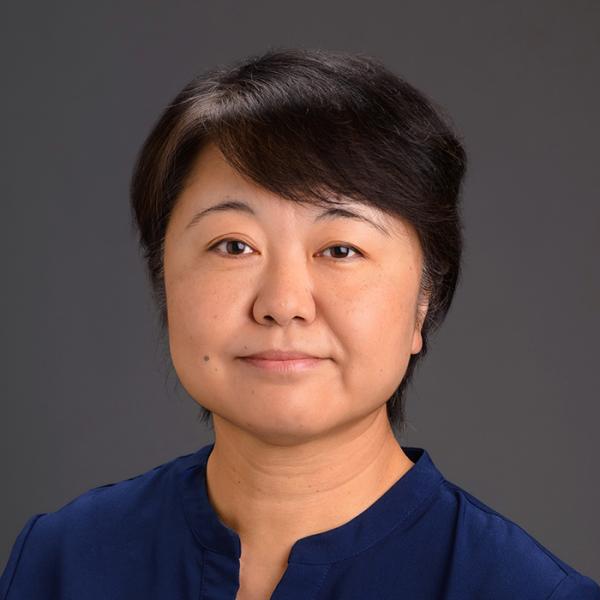The Lei Lab’s research interests focus on ovarian reserve formation and maintenance and the associated ovarian dysfunction and disease. The lab is also interested in how declined ovarian function impacts women’s overall health.
In female adults, normal ovarian function is supported by a pool of quiescent primordial follicles called the ovarian reserve which forms during fetal ovarian development. A diminished ovarian reserve due to genetic factors, non-genetic developmental disruption and cancer treatment causes ovarian insufficiency and other related female health issues. These issues can lead to infertility, endocrine disruption and an increased incidence of issues in bone, cognition and cardiovascular health in women.
Current research projects in the lab include understanding how intercellular transport of organelles and cytoplasm during ovarian reserve formation within fetal ovaries influences ovarian function and fertility in adulthood; revealing the roles of organelle organization and RNA storage in primordial follicles and how they affect maintenance and activation of ovarian reserve in adulthood; and uncovering cellular origin and microenvironment that lead to the onset of ovarian cancer. The lab’s findings allow for continuing investigation towards medical solutions for early detection and prevention of premature ovarian insufficiency, as well as early detection of ovarian cancer.
We are a growing lab of fun hard-working individuals focused on ovarian reserve formation, maintenance, and its associated female reproductive health issues.






